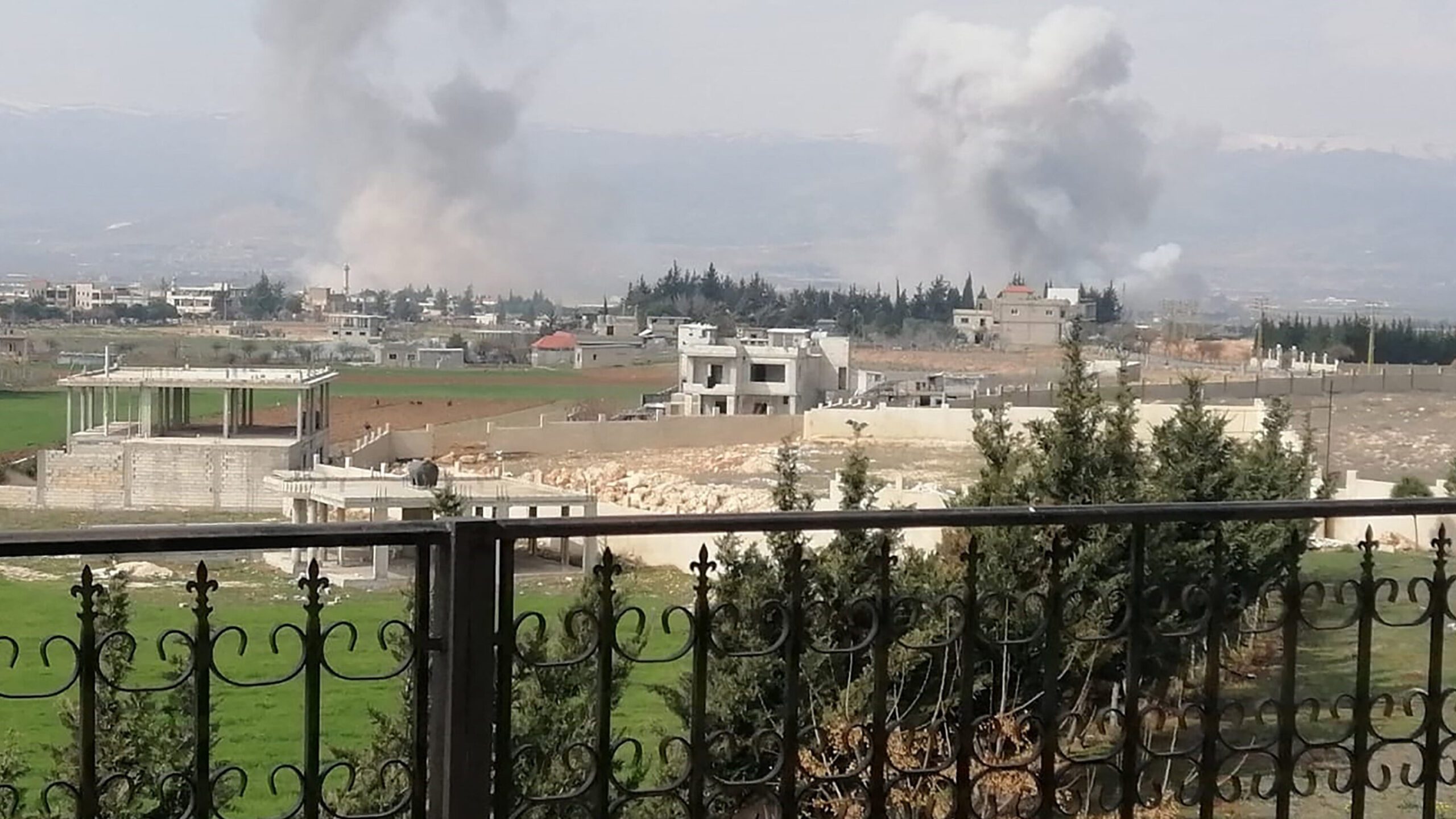Hezbollah confirms that an Israeli strike targetted east Lebanon earlier today, as Israeli aggression on southern Lebanon has intensified in the past few days with cross-border fighting significantly escalated throughout the last few days.
Yesterday alone, 14 strikes simultaneously targeted the no-longer-inhabitable town of Aita al Shaab. Throughout the day, additional airstrikes were carried out on more than 15 towns and villages in South Lebanon.
Since October 8, Israeli strikes have gradually increased in depth into Lebanese territory, with deep strikes several kilometers inside Lebanon now becoming the new norm concerning Israeli operations.
On the other hand, strikes by Lebanese group Hezbollah have also become more surgical, accurate and involving advanced weaponry.
Yesterday, Hezbollah targeted several Israeli sites with dozens of its Katyusha rockets, including Zarit, the Shomera settlement, Ruwaisat al-Alam and al-Samaqa, among others.
Moreover, Hezbollah targeted the settlement of Avivim in the Upper Galilee with anti-tank fire, causing damages to a building where soldiers were reportedly stationed, and were killed or injured.
Propaganda Rises as Threat of Invasion Continues to Loom
Both Hezbollah and Israeli authorities have increasingly praised the reported “successes” of their operations.
While Israeli Defence Minister Yoav Gallant claimed that Israeli strikes have killed half of Hezbollah’s commanders in the South of Lebanon, a Hezbollah official denied such claims as “completely worthless.”
While Hezbollah strikes have indeed improved surgically, the Israeli Iron Dome system has continued to repel a large portion of rockets, with the help of American and European weaponry and assistance.
Internationally, diplomatic efforts have seemingly pressured to prevent an all-out regional war and a potential Israeli invasion of Lebanon.
Such concerns had considerably risen with the exchange in strikes between Israel and Iran, with the former initiating the back-and-forth process by targeting the Iranian consulate in Damascus, killing at least 11 individuals.
However, opinions in Lebanon remain highly polarized, with many considering the prospects of an all-out war or invasion to be trivial or symbolic whilst a regional agreement gets formulated.
Decreasing Attention from Lebanese Mainstream Media
In Lebanon, mainstream media outlets’ focus on developments in the south have significantly subsided. Increasingly, their focus has turned towards issues related to Syrian refugees, with platforms such as MTV being central to campaigns demonizing their presence.
Political groups have also weaponized the current state of affairs to push for more sectarian and isolationist discourses, reflecting a sense of indifference or enmity towards the Palestinian cause or people of South Lebanon, which translate in political dissociation from their issues.
As such, while southern residents of the country face even more intense bombing and strikes, public opinion and social tensions continue to experience aggravations. An all-out war threatens to be destructive to a country lacking basic strategic directions and governmental policy protection.


